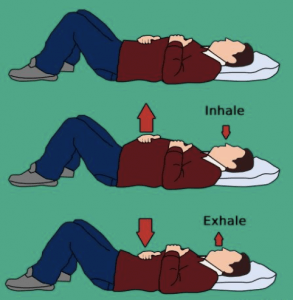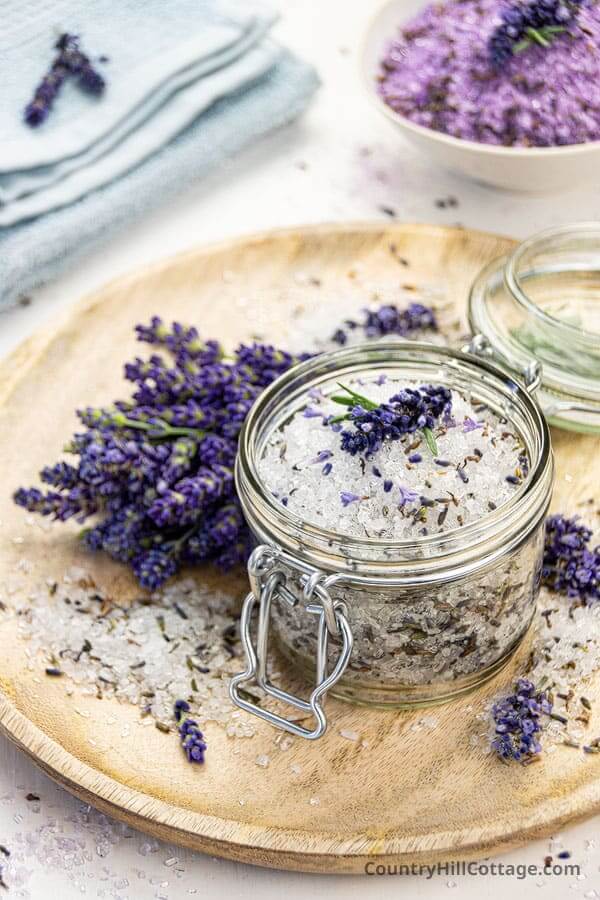Tips to minimise Stress
We’ve all experienced the more common side effects of stress like poor sleep, muscle tension and changes in energy levels – starting out wired and jittery, but over time possibly presenting as flat and burnt out. But did you know the other major impacts stress has on our body? Hormones (specifically cortisol and adrenaline) released when we’re stressed affect the following:
- Our Immune Response: overall immune suppression and a switch from infection-fighting towards an allergic and autoimmune type (not what we need right now…)
- Blood Sugar Control: blood sugar levels are increased while the action of insulin is suppressed. This is how stress can contribute to the onset of conditions like type 2 diabetes and weight gain.
- Gut Function: our digestive secretions and gastrointestinal motility are suppressed, the lining of our gut is impaired and the makeup of the mucus secreted by our intestinal cells (which forms part of its protective barrier) is altered, all of which drive imbalance in the bacteria of our colon and inflammation throughout our body
- Brain Architecture: within as little as one week of stress we start to see changes in the physical structure of the brain. These correlate to loss of short-term memory, impaired ability to concentrate or focus attention, weakened impulse control, irritability, impaired decision making and lack of insight.
Stress is unavoidable in our daily lives – so many of us fall into the trap of saying “things will get better when I’m not so stressed”, but if you’re waiting for things to calm down, you’re going to be waiting a long time (I think 2020-21 is the perfect example of that).
We need to support our bodies to be able to cope with the stress life inevitably throws at us. Some quick and simple strategies that reduce stress include:
Diaphragmatic Breathing
This has been scientifically proven to reduce cortisol (one of our stress hormones) by activating the vagus nerve endings in our abdominal region – this tells our nervous system to take us out of “fight or flight” (the sympathetic nervous system) and put us into “rest and digest” mode (the parasympathetic nervous system).
- Sit in a comfortable position or lie flat on the floor or your bed
- Relax your shoulders
- Put a hand on your chest and a hand on your stomach.
- Breathe in through your nose (for about four seconds) into your stomach. You should experience the air moving through your nostrils into your abdomen, making your stomach expand. Make sure the hand on your stomach is moving outward while the one on your chest remains relatively still.
- Hold your breath for four seconds
- Purse your lips (as if you’re about to drink through a straw), press gently on your stomach, and exhale slowly for about eight seconds.
- Repeat for 15-20 breaths

Inverting your legs and feet above your head against a wall (“Viparita Karani”)
Inversions such as this also activate our parasympathetic nervous system whilst also increasing the flow of blood to the brain to support neurotransmitter synthesis.

If you’re having a particularly bad week and need a quick fix, lavender is a powerful stress reliever we often use, and is safe as an aromatherapy treatment for everyone: try some essential oil in a vaporiser or the below recipe for a detoxifying and relaxing bath-
Lavender Sea Salt Relaxer
INGREDIENTS
2 cups Epsom salts
½ cup baking soda
¼ cup dead sea salts
30 drops lavender oil
2 tablespoons of a carrier oil, such as almond, coconut or jojoba

Some of my patients are reluctant to make changes to their diets and lifestyles, because stress (and more specifically the adrenaline and cortisol they’re running on) is powering them to get through their busy lives. But it’s important to remember the short-term push those hormones are giving you is coming at a significant long-term cost to your physical and mental health, and while you may feel fine right now, the crash is going to happen sooner or later. There’s so much support available, including nutritional supplements and herbal medicine, to help you get through any major short-term stress (without the dreaded cortisol crash, which often finds us getting sick or leaves us borderline comatose) and, more importantly, build resistance to stress in the long-term.
Get in touch with Ali Berecry, Naturopath at pH clinic if you would like more information, or please make a booking here:


